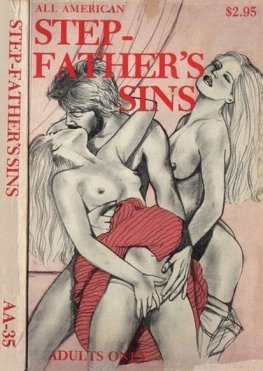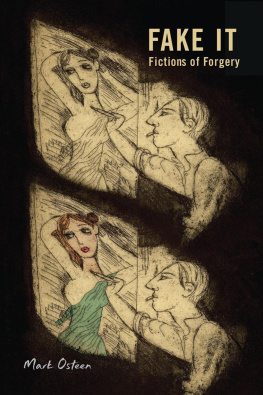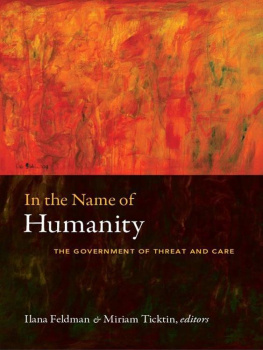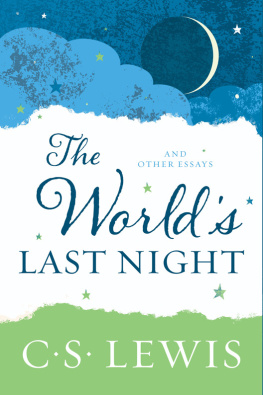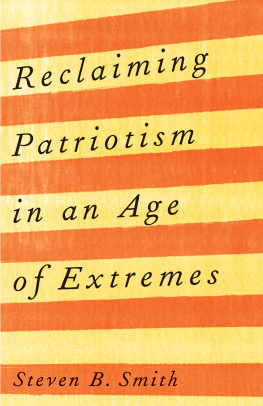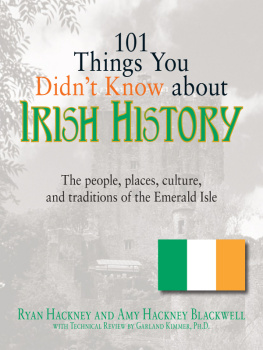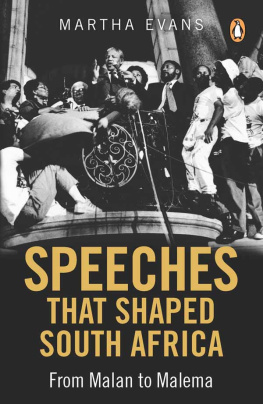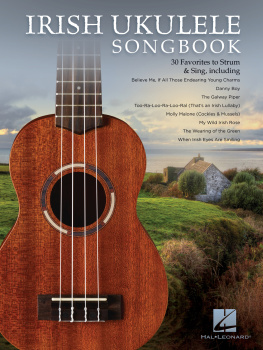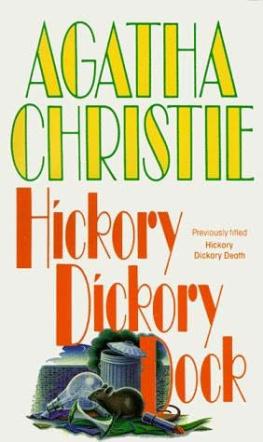TO SECOND EDITION
Little more than a year ago we commenced an undertaking never previously attempted, yet long called forthe collection and publication, in a complete form and at a low price, of the Speeches of Irish Patriots, spoken from the dock or the scaffold.
The extraordinary success which attended upon our effort was the best proof that we had correctly appreciated the universal desire of the Irish people to possess themselves of such a memorial of National Protestprotest unbroken through generations of martyrs.
The work was issued in weekly numbers, and reached a sale previously unheard of in Irish literature. In a few months the whole issue was exhausted, and for a long time past the demand for a Second Edition has been pressed upon us from all sides. With that demand we now comply.
The present issue of "Speeches from the Dock" has been carefully revised and considerably improved. With it, as Part I. of a series, we have bound, as its sequels, Parts II. and III.each Part, however, complete in itselfbringing the list of convict patriot orators down to the latest sentenced in 1868. It may be that even here the sad array is not to close, and that even yet another sequel may have to be issued, ere the National Protest of which these Voices from the Dock are the utterances, shall be terminated for ever. Even so, our faith will be all unshaken in the inevitable triumph of the cause for which so many martyrs have thus suffered; and we shall still await in Faith and Hope the first strains of that Hymn of Deliverance which shall yet resound through the valleys of Emancipated Ireland.
90 MIDDLE ABBEY STREET,
November, 1868.
INTRODUCTORY
To the lovers of Irelandto those who sympathize with her sufferings and resent her wrongs, there can be few things more interesting than the history of the struggles which sprang from devotion to her cause, and were consecrated by the blood of her patriots. The efforts of the Irish race to burst the fetters that foreign force and native dissensions imposed on them, and elevate their country from bondage and degradation to a place amongst free nations, fill a page in the world's history which no lover of freedom can read without emotion, and which must excite wonder, admiration, and regret in the mind of every man with whom patriotism is not a reproach, and who can sympathize with a cause ennobled by fidelity and sacrifice, and sanctified by the blood and tears of a nation. "How hands so vile could conquer hearts so brave," is the question which our National Poet supposes to arise in the mind of the stranger, as he looks on the spectacle of Ireland in her decay; but another question will suggest itself to those who study the history of our country: it is, how a feeling so deeply rooted as the love of independence is in the hearts of the Irish peoplean aspiration so warmly and so widely entertainedwhich has been clung to with so much persistencywhich has survived through centuries of persecutionfor which generations have arisen, and fought, and bled, and dashed themselves against the power of England with a succession as unbroken as that of the waves upon our shoresa cause so universally loved, so deeply reverenced, and so unflinchingly supported by a brave and intrepid race, should never have attained the blessing of success. A more signal instance than that which Ireland can supply of the baffling of a nation's hope, the prolonged frustration of a people's will, is not on record; and few even of those who most condemn the errors and weakness by which Irishmen themselves have retarded the national object, will hesitate to say that they have given to mankind the noblest proof they possess of the vitality of the principles of freedom, and the indestructibility of national sentiment.
It is for us, however, Irish of the Irish, that the history of the struggle for Ireland's rights possesses most attractions. We live amidst the scenes where the battles against the stranger were fought, and where the men who waged them lived and died. The bones of the patriots who laboured for Ireland, and of those who died for her, repose in the graveyards around us; and we have still amongst us the inheritors of their blood, their name, and their spirit. It was to make us freeto render independent and prosperous the nation to, which we belongthat the pike was lifted and the green flag raised; and it was in furtherance of this object, on which the hearts of Irishmen are still set, that the men whose names shine through the pages on which the story of Ireland's struggles for national existence is written, suffered and died. To follow out that mournful but absorbing story is not, however, the object aimed at in the following pages. The history of Ireland is no longer a sealed volume to the people; more than one author has told it truthfully and well, and the list of books devoted to it is every day receiving valuable accessions. Nor has it even been attempted, in this little work, though trenching more closely on its subject, to trace the career and sketch the lives of the men who fill the foremost places in the ranks of Ireland's political martyrs. In the subjoined pages little more will be found than a correct report of the addresses delivered, under certain peculiar circumstances, by the group of Irishmen whose names are given on the titlepage. A single public utterance from the lips of each of these gentlemen is all that we have printed, though it would be easy to supplement them in nearly every case by writings and speeches owning a similar authorship, equally eloquent and equally patriotic. But the speeches given here are associated with facts which give them peculiar value and significance, and were spoken under circumstances which lend to them a solemn interest and impressiveness which could not otherwise be obtained. They reach usthese dock speeches, in which nobility of purpose and chivalrous spirit is expressedlike voices from the tomb, like messages from beyond the grave, brimful of lessons of dignity and patriotism. We can see the men who spoke them standing before the representatives of the government whose oppression had driven them to revolt, when the solemn farce of trying them for a crime which posterity will account a virtue had terminated, and when the verdict of "guilty" had gladdened the hearts of their accusers. The circumstances under which they spoke might well cause a bold man to falter. They were about parting for ever from all that makes life dear to man; and, for some of them, the sentence; which was to cut short the thread of their existence, to consign them to a bloody and ignominious death, to leave their bodies mutilated corpses, from which the rights of Christian burial were to be withheldwhich was to assign them the death of a dog, and to follow them with persecuting hand into the valley of deathwas about to fall from the lips of the judges whom they addressed. Against others a fate less repulsive, perhaps, to the feelings of humanity, but certainly not more merciful, and hardly less painful and appalling, was about to be decreed. Recent revelations have thrown some light on the horrors endured by the Irish political prisoners who languish within the prison pens of England; but it needs far more than a stray letter, a half-stifled cry from the dungeon depths, to enable the public to realize the misery, the wretchedness, and the degradation attached to the condition to which England reduces her political convicts. Condemned to associate with the vilest of the scoundrels bred by the immorality and godlessness of Englandexposed, without possibility of redress, to the persecutions of brutal, coarse-minded men, accustomed to deal only with ruffians than whom beasts are less ferocious and unreclaimablerestricted to a course of discipline which blasts the vigour of the body, and under whose influence reason herself totters upon her thronethe Irish rebel against whom the doom of penal servitude has been pronounced is condemned to the most hideous and agonizing punishments to which men of their class could be exposed. It was with such terrors staring them in the face that the men whose words are recorded in this little work delivered their speeches from the dock. It is surely something for us, their countrymen, to boast of, that neither in their bearing nor in their words was there manifested the slightest trace of weakness, the faintest exhibition of any feeling which could show that their hearts were accessible to the terror which their situation was so well calculated to inspire. No cheek grew pale, no eyes lost their lighttheir tones were unbroken, and their manner undaunted as ever, as these men uttered the words we purpose recording. Their language tells of minds which persecution could not subdue, and for which death itself possessed no sting; and the manner in which it was expressed showed that, in their case, elevation of sentiment was allied with unconquerable firmness and resolution. Never were lessons so noble more boldly preached. It is in courts of justice, after all, declares a great English authority, that the lessons of morality are best taught; and in Ireland the truthfulness of the assertion is established. But it is not from the bench or the jury-box that the words have fallen in which the cause of morality and justice has been vindicated; venality, passion, and prejudice have but too often swayed the decisions of both; and it is to the dock we must turn when we seek for honour, integrity, and patriotism.




